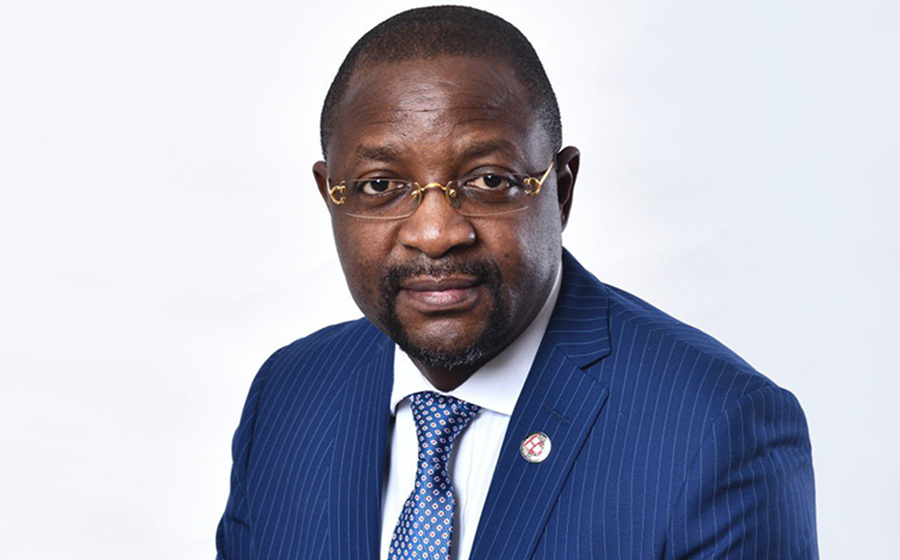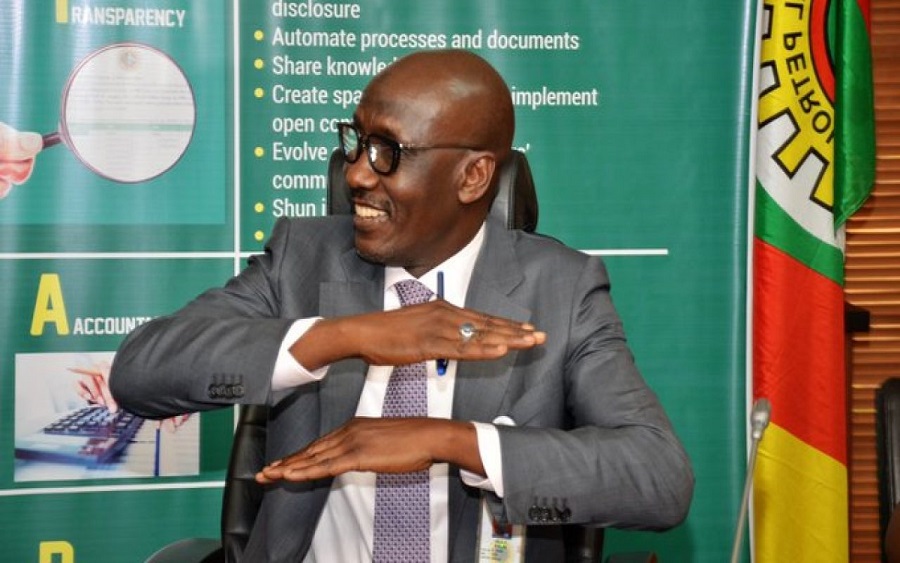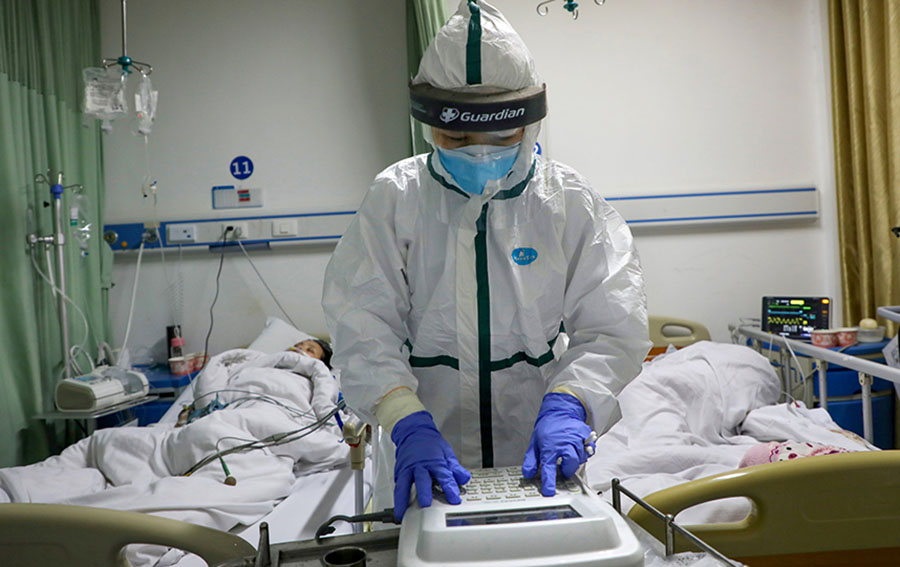For the incoming government to have the desired impact, investors and economists have advised that it focuses on plugging leakages, increasing public sector efficiency and investing in human capital.
Speaking variously at the 6th Renaissance Capital Pan-Africa Investor Conference in Lagos, yesterday, the economists and investors urged the incoming government led by the president-elect, Muhammadu Buhari, to ensure that corruption and leakages in the oil and non-oil sectors are plugged to free up resources that will be used for developing the country.
Stating his expectations from the incoming government at the executive and partner at Africa Capital Alliance, Cyril Odu, stated the need to plug revenue leakages in the oil and gas sector and unbundle the Nigerian National Petroleum Corporation (NNPC).
This, he said, will cut off corruption in the sector which he said is one of the sources of corruption in the country and also increase the nation’s revenue. Agreeing with the governor of the Central Bank of Nigeria (CBN) Godwin Emefiele, on the sale of the federal government’s stake in the Joint Venture (JV), Odu, said this will enable the JV to have more funding and make more money.
On his own part, the chief executive of Economic Associates, Dr Ayo Teriba, said the non-oil sector has more capacity to generate revenue than it is doing presently but is underperforming due to corruption. According to him, Nigeria’s non-oil sector is seven times bigger than the oil sector.
“More than N70 trillion is sitting in the sector but the revenue of the non-oil entity is less than N3 trillion. Nigeria needs to deliver decent revenue from its non-oil sector, I am not suggesting increased taxes, but it is more of plugging leakages. It is not only in the oil sector that we have leakages, we have possibly bigger leakages in the non-oil sector. Revenue is probably being collected but it is not getting into government coffers,” he stated.
To the partner at Helios Investment Partners, Kamar Barkin, the incoming Buhari-led government does not have a shortage of ideas or technocrats to deliver.
“It is the political will and the ability to get things, like removing fuel subsidy without having people take to the streets, done that is the major concern,” he said.
In his own remarks, global chief economist, Renaissance Capital, Charles Robertson stated that there is need for government to invest more in the future through education and healthcare. According to him, this would determine if the country would be in or out of poverty in the next 20 years.




















